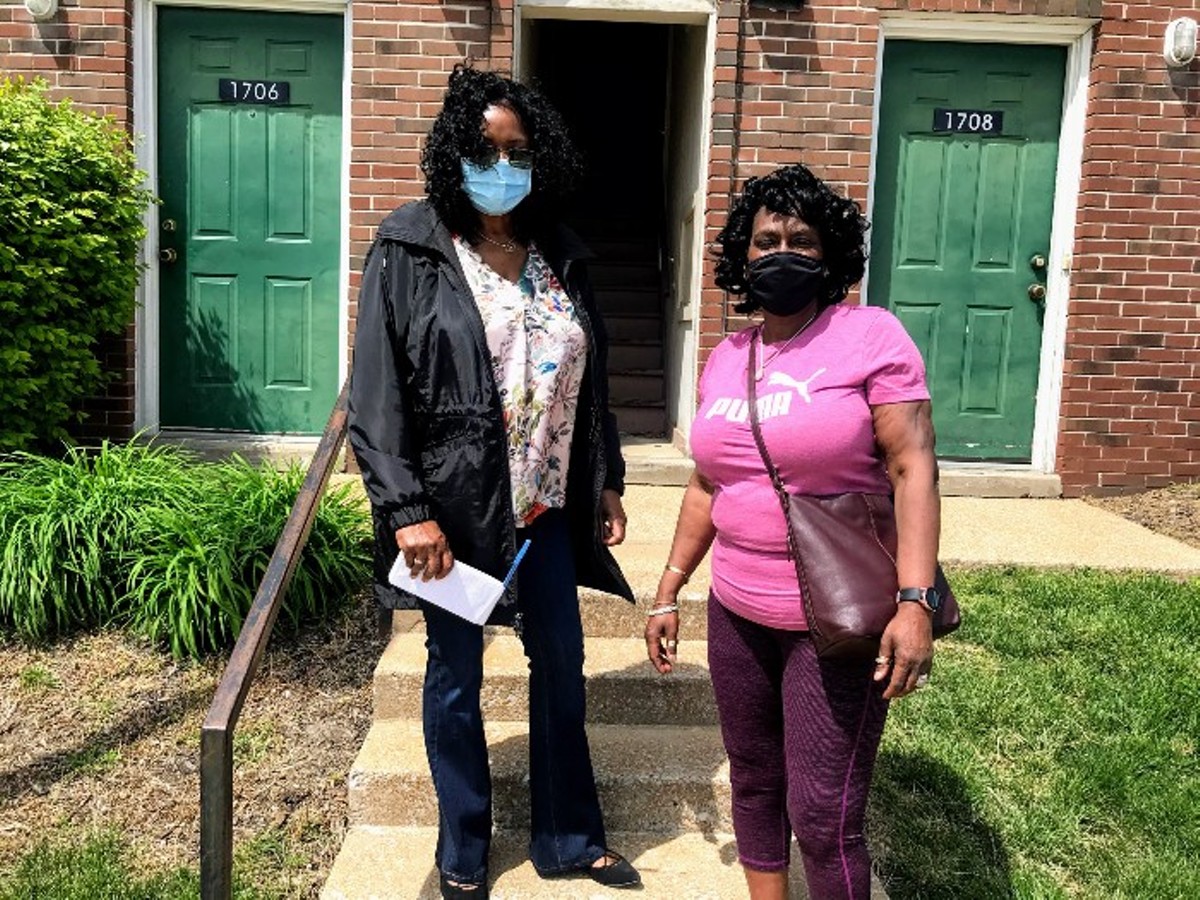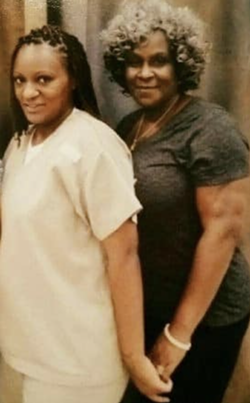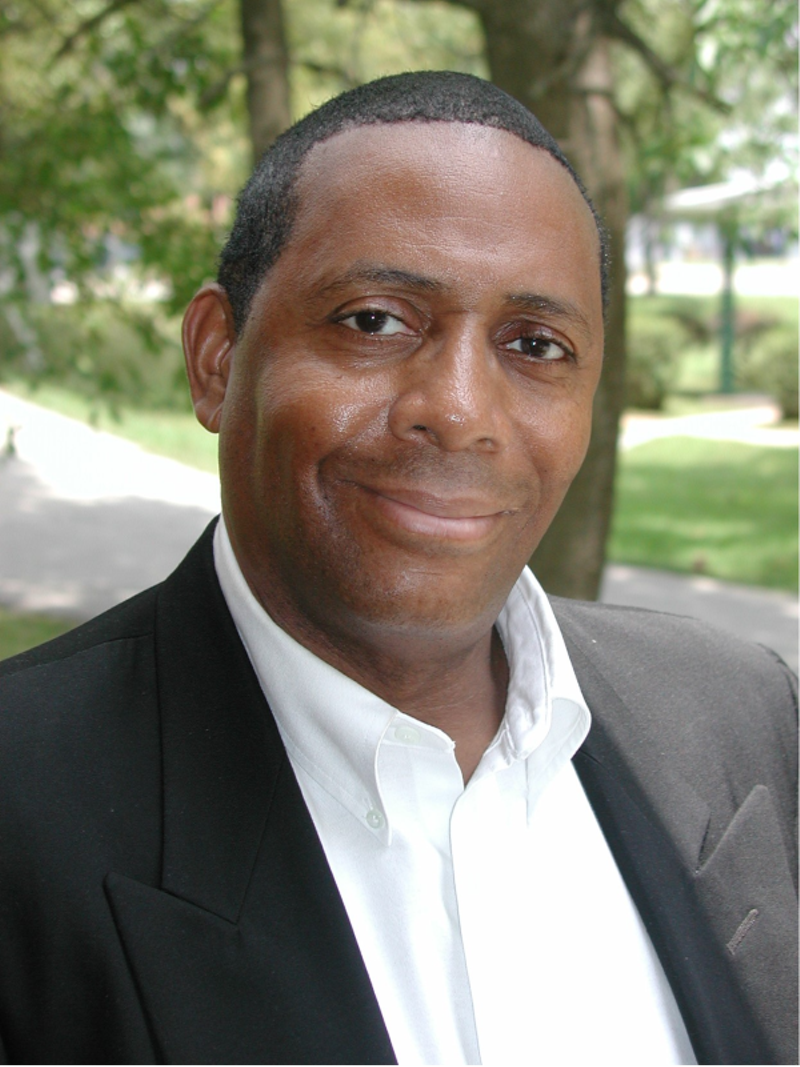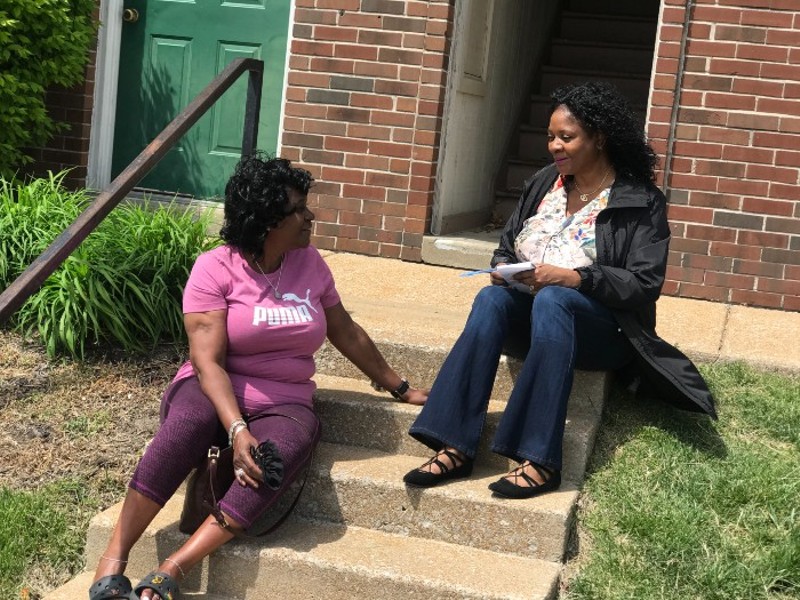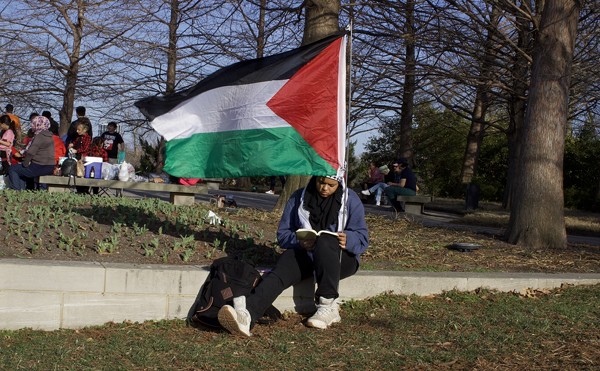This story was produced in partnership with the Pulitzer Center as part of Before Ferguson Beyond Ferguson’s 63106 Project, a St. Louis-based nonprofit racial equity storytelling project.
When it comes to COVID-19 everyone is vulnerable.
Including Beverly Jones, the person whose life I am chronicling as part of Before Ferguson Beyond Ferguson's 63106 Project.
Including me.
Jones has been a longtime resident and worker in the Preservation Square housing complex in ZIP code 63106.
According to a recent study, 67 years is the average life expectancy for a child born in 2010 in that ZIP code. That compares to an 85-year life expectancy in 63105, the region's most prosperous ZIP code, also known as Clayton. And this was before the pandemic.
Jones would appear to be Exhibit A when it comes to being vulnerable. At age 58, she suffers from lupus, fibromyalgia, osteoarthritis and, perhaps most significantly, chronic obstructive pulmonary disease (COPD), a lung ailment that makes it hard for Jones to breathe through a mask. Last October, she contracted the coronavirus. It made her feel ill for a few weeks. Still, Jones survived it without hospitalization and kept on keeping on, working full time as a resident advisor supervisor for the Job Corps program. She is the matriarch for a large family, a mother to four daughters, grandma to seventeen, plus she has two great-grandchildren. Two of those grandchildren have been living with her, because until recently their mother had been in jail.
"I don't have time to be sick," Jones said when we visited last September, "because I am helping everybody else."
Including me. On February 4, I lost my brother, Darnell "Dino" Walker, 76, to COVID after a struggle lasting four weeks. On that day, I had texted Jones to postpone an upcoming interview. She called me right away to see how I was doing.
It both surprised and touched me as I knew she had her own burdens to bear and didn't need to listen to mine. I held back tears and asked her about how she was holding up after overcoming the virus herself.
She told me that her struggles were continuing. She is a caregiver to her 87-year-old father, who suffers from dementia. She continues to parent her seventeen-year-old granddaughter who is living with her. And she is deeply concerned about her twelve-year-old grandson who is dealing with behavioral issues.
Meanwhile, another grandson, Michael, is incarcerated at the Missouri Eastern Correctional Center in Pacific for vehicle theft and assault. And another daughter, Danielle, is serving time on a murder charge at the state prison in Vandalia.
If there was any good news, it concerned her grandchildren's mother, Linda, who had been held at the St. Louis City Justice Center on a gun violation. She was released on March 22 and given two years probation. Jones helped her find a job as a cleaner at a Metro Transit station.
Linda was quarantined after exposure to COVID at the Justice Center but did not contract the illness. Danielle contracted COVID at the Vandalia facility, but with mild effects. Knowing this and that my brother died from COVID, I asked Jones last month whether she was thinking about the vaccine.
"I ain't in no big hurry to get it," she responded.
Those words shook me to the core. I had to struggle to listen to her explain.
"I still haven't read anything that said that we should take it," Jones said softly. "My doctor basically said that she was going to leave it up to me. There's nothing out there that said what effects it will have on the person with lupus anyway."
She asked me if I had gotten the vaccine. The answer was yes, of course. My husband and I took the first dose of the Pfizer vaccine on February 24 and the second on March 17.
Jones' vaccine hesitancy had me revisiting the dark place I was in beginning January 11 when my brother, Darnell, was hospitalized with COVID.
"I can't breathe," he would say with his voice straining on the voicemails he left me. "I can't breathe, Denise."
Those were the last words my brother said before he was placed on a ventilator in late January and died a week later. I wasn't able to be with him, hug him or hold his hand as he battled the virus. I shed tears from afar on a smartphone.
After his death, I discovered a voicemail from Darnell that escaped my attention. It haunts me to this day.
"Hi Denise, it's your brother Darnell, thank you very much for that picture. I never did know where Steve [our brother who died of Crohn's disease in 2008] was buried at [Calvary Cemetery]. It was so nice to see it. And so thank you very much I appreciate it.
"Denise, I want to say I love you, and I don't know what's going on with me but I'm just not well. But let me say that I'm very happy that you are my sister. I wish that we would have had more time together, but as you know I was in that mental hospital for quite a while. And I was a bad boy and they sent me over to that maximum security building. I didn't like the way they were treating Blacks. I didn't like the way they were treating me. Anybody from the city, they treated them bad. They called us City Six.
"But anyway I got the pictures. Thank you very much. Please get in touch with me. I have something to talk to you about. ... If you get a chance, give me a call and I'll talk to you later."
Yes, just like Jones, I had a family member who served time; in his case more than ten years for a burglary charge. He was incarcerated at Fulton State Hospital because a judge took into consideration that he was dealing with mental health issues. Just like Jones and her kin, I never stopped loving and praying for my brother, nor did our other eight siblings. And I am proud to say he more than made up for his crime when he was released some 30 years ago.
In fact, his light shined so brightly that he was the subject of a St. Louis Post-Dispatch feature story on his shoe-shining skills at St. Louis Lambert International Airport. His outgoing, friendly manner brought customers back to him again and again. Darnell would shine service members' shoes for free. "You are doing something great," he would tell the soldiers. "Just give me a hug when you come down from the chair."
On March 25, my family members and I took Darnell's boxed ashes to Calvary Cemetery to our family plot located not far from Tennessee Williams' headstone. There we put Darnell's ashes atop our mother's grave. My husband Pierre sprayed water over them with the thought that they would drift down through the earth and mix with Mom's remains.
I've spent more than 30 years as a journalist focused on public safety and have seen far more bloody crime scenes than anyone should have. Even so, writing these COVID stories has been draining and extremely sad. I am having a hard time understanding how Beverly Jones or anyone with health issues might put off getting the vaccine.
But journalists aren't here to judge. Mostly what we do is listen, and then in the best way possible, write a story that helps readers see the world as they do.
Physicians and public health workers with a special expertise in such ailments as lupus and COPD have tried to reassure patients they can trust that the vaccine will protect them and do no harm. Those who have already been infected — as Jones has — do indeed create antibodies against the disease. But experts don't know how long this protection lasts. Getting a vaccine, they say, can also help protect those around you.
Still, Jones is skeptical. In March, she said: "We take enough medicine as it is, and now you want us to inject something else into us?"
But in late April, she seemed to soften just a bit on the subject. "I still haven't made my mind up because I have all these underlying issues. I have lupus, COPD and osteoarthritis. No one is able to tell me what effect that shot will have on my condition. Just like the flu shot, I took my time to get that. If they can show whether it's going to benefit me, I will consider getting it. But not until then."
As we like to say in the storytelling business, "To be continued." We will keep you apprised as Beverly Jones and her family struggle to stay safe in the time of the pandemic.
Denise Hollinshed served as a crime reporter for the St. Louis Post-Dispatch for 21 years until retiring in 2019. In her work, she has specialized in writing stories that go beyond crime to examining root causes, such as poverty and social determinants of health.
Before Ferguson Beyond Ferguson, a nonprofit racial equity project, is telling the story of families in 63106 one by one over the course of the pandemic. This is the second chapter on Beverly Jones' life. Hollinshed will be following the challenges she faces until the pandemic abates. The Riverfront Times has published other stories as part of the project, and so have other St. Louis media. You can find an archive of the stories at https://beforefergusonbeyondferguson.org/63106-project/.
Denise Hollinshed interviewed Beverly Jones on May 12 in a public forum called The Great Divide: Race in Our Region. The Zoom session, sponsored by interfaith groups, can still be viewed online. It starts at the 46:50 mark.

